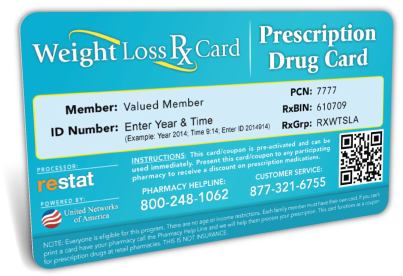Saxenda is the newest FDA approved prescription weight loss medication and it is now available at retail pharmacies everywhere.
Saxenda is a once daily injectable medication. It contains a compound similar to a substance your body makes naturally called glucagon-like peptide 1 (GLP-1). About 20 minutes after eating a meal, especially meals packed with protein, many people have a sense of fullness. Your small intestine releases GLP-1 in response to your meal, and this has a direct effect on the appetite center of your brain. The GLP-1 tells the brain that the meal is over and that you should no longer be hungry.
GLP-1 type medications have been used successfully in the treatment of type 2 diabetes for the past 10 years. Now we have a medication that has been studied and approved as an assistant to healthy eating and activity for chronic weight management. In 4 clinical trials of over 5000 patients, those treated with Saxenda lost 8% body weight compared with 2.6% for placebo at 56 weeks of treatment. Saxenda has also improved the odds of losing at least 5% and at least 10% body weight.
The molecule comprising Saxenda, liraglutide, has been marketed as Victoza for the treatment of type 2 diabetes at doses up to 1.8 mg per day since 2010. Saxenda is the same molecule but is dosed at 3 mg per day.
The product will have a boxed warning stating that thyroid C-cell tumors have been seen in rodents but that the risk in humans is not known. Liraglutide should not be used in patients with a personal or family history of medullary thyroid carcinoma (MTC) or in patients with multiple endocrine neoplasia syndrome type 2. It will also have warnings regarding acute pancreatitis, and should be avoided in those with a history of pancreatitis or at high risk for pancreatitis.
Because this is expected to be an expensive medication, it is important for you to see if you have insurance coverage for this medication. If you are a candidate (BMI > 30 or > 27 with medical comorbidity) and have insurance coverage, you are encouraged to obtain any paperwork your insurance company will require and schedule a visit with your primary care physician or with a dietician to see if Saxenda is a good fit for you.
